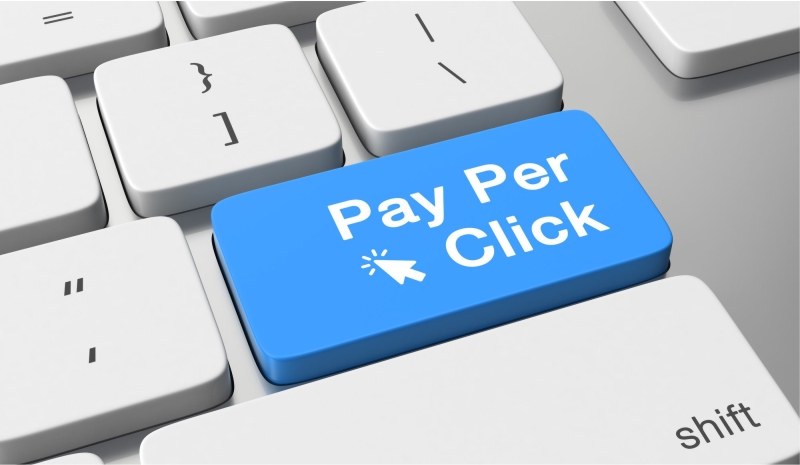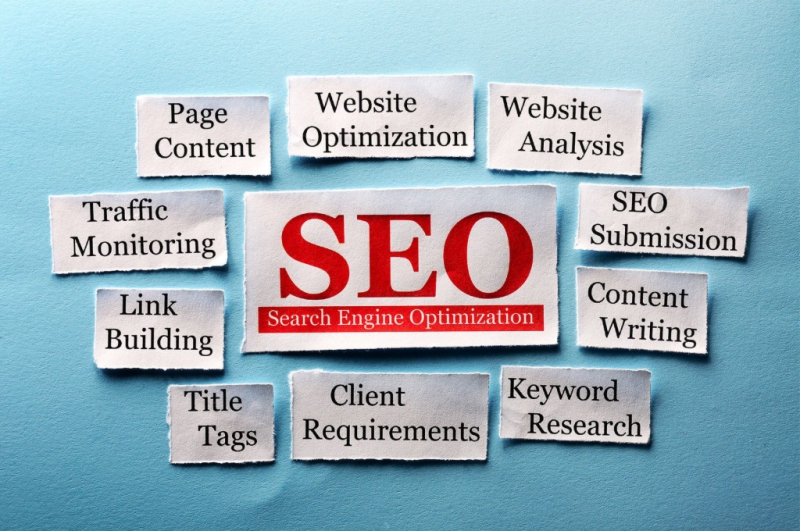
PPC and SEO each have advantages and disadvantages. Learn how to use these tactics in your marketing plan and how they can augment one another.
Marketing is a combination of many efforts, including social media, paid advertising, websites and SEO, partnerships and sponsorships, and so much more. Each facet of your marketing complements the others. So as you evaluate whether or not you need PPC and SEO, remember to consult your marketing plan as a whole.
PPC can help raise your SEO value. And SEO enables you to reach an organic audience in addition to the paid audiences you’re reaching with PPC. The two together are more powerful than either one alone.
Answering the question of whether or not you need both PPC and SEO will be heavily dependent on your marketing strategy and goals.

PPC stands for pay-per-click advertising. You can purchase PPC ads on social media platforms, Google or other search engines. PPC allows you to place your ad on the first page of a search engine and control your placement based on your bid strategy for your cost per click.
The strength of PPC is that it’s highly targeted and allows you to be extremely selective about who your audience is, what they’re searching for and when you want to reach them. This makes it simpler to show up in search results when consumers search for your competitors or keywords related to your product or service.
What it’s good for:

SEO stands for search engine optimization. In SEO, you work to update the keywords on your website, your back-end website operations and backlinking from other websites to show search engines the relevance of your website as it relates to specific keywords and phrases.
While much strategy goes into SEO, it’s not quite as simple as PPC and takes much more time to start delivering traffic and leads to your website.
What it’s good for:
Your marketing agency might recommend that you use PPC to bid on keywords that your website is not yet ranking well for. This can help build awareness for your products and services and can help your SEO strategy in the long-term.
Purchasing ads on Google and getting solid results from those ads, can also help Google learn that your website is a good resource for such content. That can elevate the value of your SEO work.
Website traffic, time on page and bounce rate are all additional metrics that Google uses as factors to determine your SEO rankings. By delivering results via PPC for searchers, you can train Google about relevant keywords related to your business.
For expert advice on your digital marketing strategy, contact New Light Digital. We’ll help you determine how and when to use PPC to augment your SEO efforts.